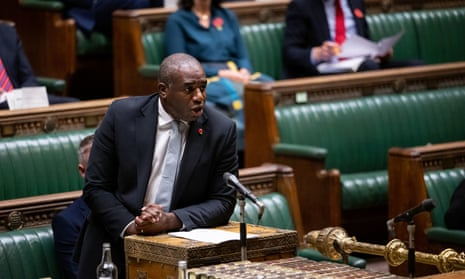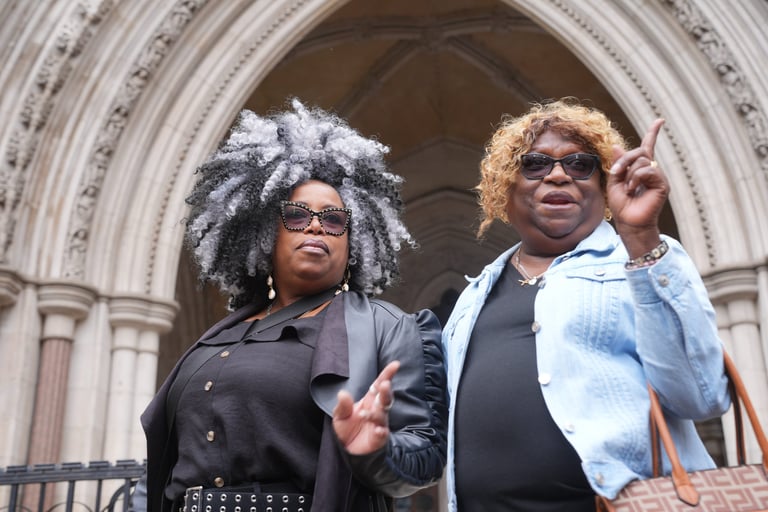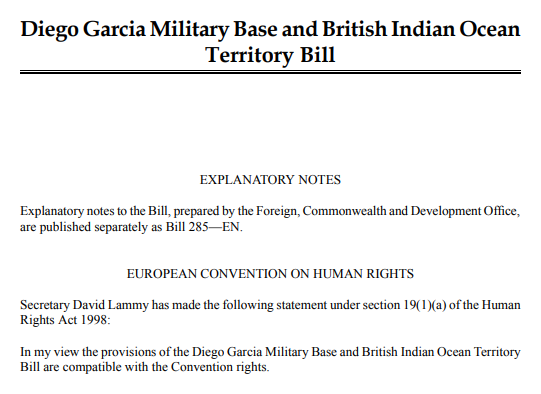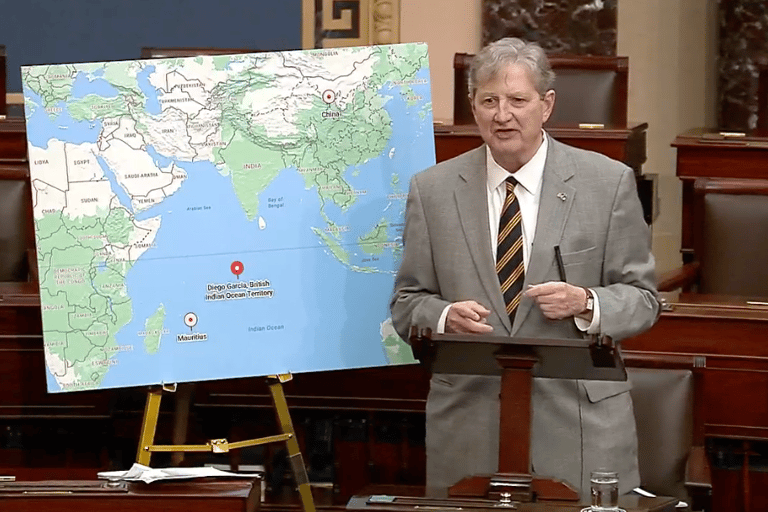British Indian Ocean Territory Deal – Where Are We Now?
Parliament reconvenes to debate deeply controversial sovereignty settlement
NEWS FROM THE OVERSEAS TERRITORIESBRITISH INDIAN OCEAN TERRITORY
What’s happened so far?
The UK Government’s agreement with Mauritius over the Chagos Archipelago — signed on 22 May after a judge lifted an eleventh‑hour injunction — is set to dominate an awkward autumn in Westminster. Under the deal, the UK cedes sovereignty of the islands to Mauritius while securing a 99‑year lease to maintain the US‑UK base on Diego Garcia.


UK Foreign Secretary David Lammy
The numbers don't add up
Ministers argue the treaty safeguards a base Britain “cannot afford to lose” on terms that are financially sustainable and preserve British soft power. The government’s initial figures suggested an average annual payment of around £101 million, front‑loaded at £165 million for the first three years, £120 million for the next decade, and then £120 million indexed thereafter — producing an estimated net cost of £3.4 billion.
That calculation has been fiercely disputed. Over the summer, the Government Actuary’s Department highlighted the full‑century ‘cash’ outlay, putting the nominal total near £35 billion. In real terms, after inflation, the figure may be closer to £10 billion - still roughly triple the government’s original claim. Critics note the absence of any clear explanation for why the higher figure was not disclosed. Shadow Chancellor Mel Stride condemned the “totally and utterly unacceptable” obfuscation, accusing ministers of “wanting to make the numbers look smaller.”
Campaign for self‑determination continues
The signing followed a dramatic morning in the High Court, when an injunction obtained by two Chagossians born on Diego Garcia was overturned at an urgent hearing. This cleared the way for the ceremony, conducted via video link. Campaigners have since launched a judicial review seeking fuller consultation with Chagossians - a process likely to be closely watched as the government pushes for ratification.


Chagossians Bernadette Dugasse and Beatrice Pompe
The UN pushes back
In June, four UN OHCHR special rapporteurs urged the UK and Mauritius to suspend ratification and renegotiate, warning the text does too little to guarantee Chagossians’ rights — particularly the right to return to Diego Garcia. Ministers insist the agreement complies with international law and that Mauritius is free to design resettlement elsewhere in the archipelago. Advocacy groups remain sceptical, questioning why the government appears willing to heed one non‑binding judgment while disregarding other advice from respected international human rights bodies.
A tale of two bills
To give domestic effect to the treaty, the government has introduced the Diego Garcia Military Base and British Indian Ocean Territory Bill, which had its first Commons reading on 15 July and now awaits its second. Its long title is telling: the bill’s stated purpose is simply to “give effect” to the UK‑Mauritius agreement.
Across the aisle, Priti Patel has tabled the British Indian Ocean Territory (Sovereignty and Constitutional Arrangements) Bill, which would prohibit payments to a foreign government for BIOT sovereignty without explicit parliamentary authorisation and mandate consultation with British Chagossians. It too has cleared first reading, with its second scheduled for 9 September.
The choice before MPs is stark: the Foreign Secretary’s bill treats the treaty as a fait accompli, while Patel’s bill offers Parliament the chance to revisit the terms and consult more extensively with Chagossians - scrutiny that has so far been conspicuously absent.


The political fault line
Ministers claim they have traded a long‑running sovereignty dispute for a century of certainty at Diego Garcia, at a price they consider justifiable. The opposition counters that Britain has effectively bought back what it already had — at an eye‑watering cost. While parliamentary arithmetic may favour David Lammy’s bill, MPs should note that supporting the deal runs counter to advice from the OHCHR and key Chagossian community groups.
Will the US intervene?
In Washington, a campaign is under way to alert President Trump to the security and strategic risks of the deal and to block it before ratification. Senators and Members of Congress have been briefed and many are reportedly opposed. With the Trump Administration’s crowded agenda, campaigners have struggled to gain traction - but the question remains whether the US will act in time to derail the agreement.


Senator John Kennedy addresses Congress on the deal
